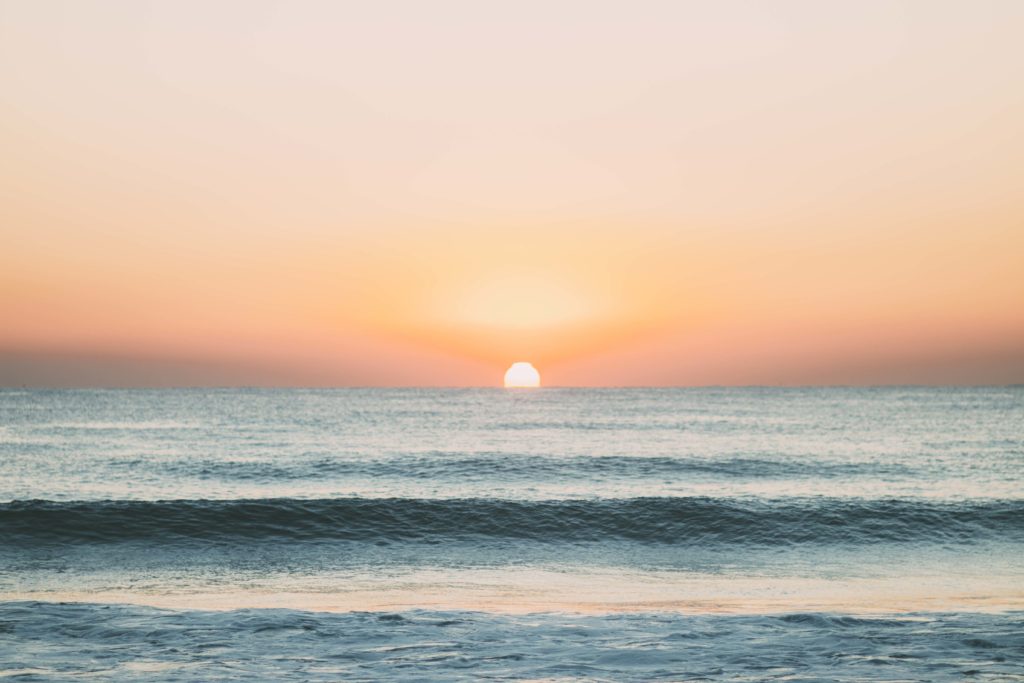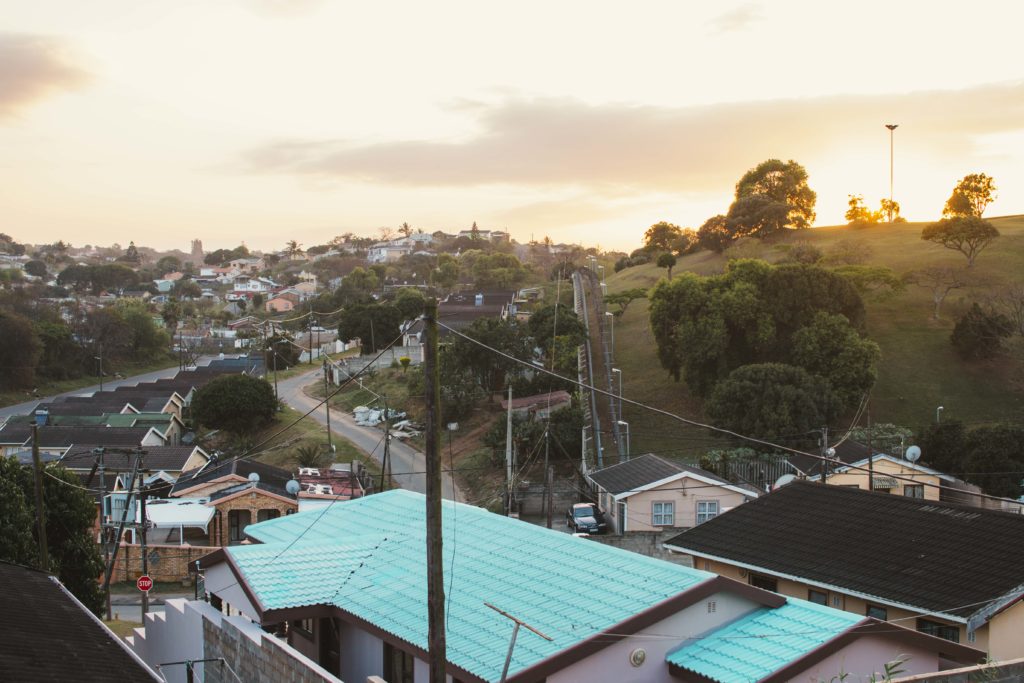
When you first step off the platform at Kalk Bay station you can’t miss the gelato line that spills out the door and into the street, tourists parading their accents up and down the side walk looking for the perfect trinket to bring home, and over priced boutiques sporting ocean views. You would be forgiven for thinking you had arrived in a tourist trap, but according to Michael Jay this hasn’t always been the case for Kalk Bay.
Standing amongst shelves of hand-selected historical treasures polishing a gold platted ash tray, Jay, a Kalk Bay antique collector who has lived in the fishing village for 25 years, tells how he moved from his childhood home in the “clicky” municipality of Durban to the Cape. Jay lovingly remembers the “small village of hippies and starving artists” he found in the 1990s. Then, says Jay, Kalk Bay was a peaceful close knit community that wasn’t “totally affected” by the Group Areas Act which forced communities into racially classified spaces.
Across South Africa the spatial inequalities that this policy produced can be seen. But in Kalk Bay resistence to a 1970s plan to remove the “coloured” fishing community from the area continued long enough to ensure that a sizable part of the community remained in place. By the time Jay arrived, he says, the coastal town’s population had had an influx of artists, living alongside the fishermen. Race was not an issue – people of all hues made Kalk Bay their home.
Apartheid tensions were high, said Jay, but “this is where people came to escape.”.
Now, said Jay, “a completely different set of people” are living in Kalk Bay. The diversity of what he calls “the starving artist crowd” has been replaced by young wealthy families and trendy boutique shops that have brought in a regular stream of tourists and wealthy South Africans, adding security to the local economy.
“Now,” Jay’s eyes look out toward the groups of tourists shuffling up and down the alley outside his shop door, “it is all a bit lost now. It’s lost its closeness. When I first moved here everyone knew each other. And we have lost that small village mentality.”









